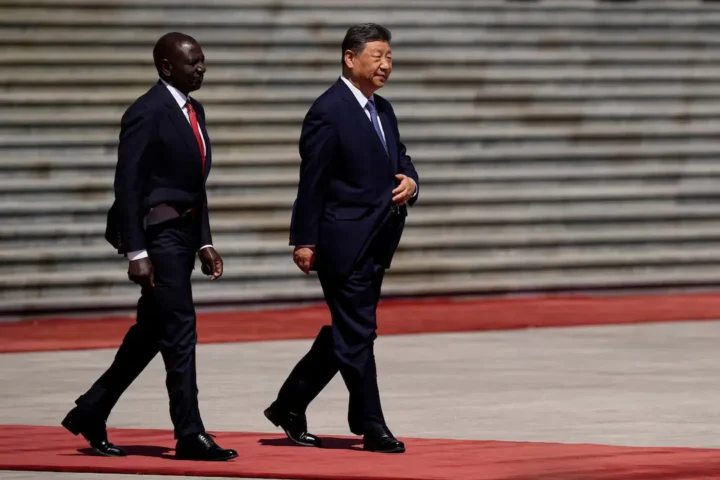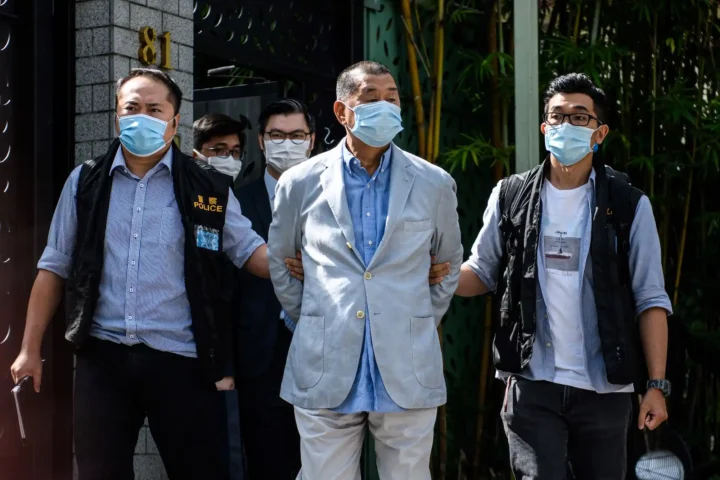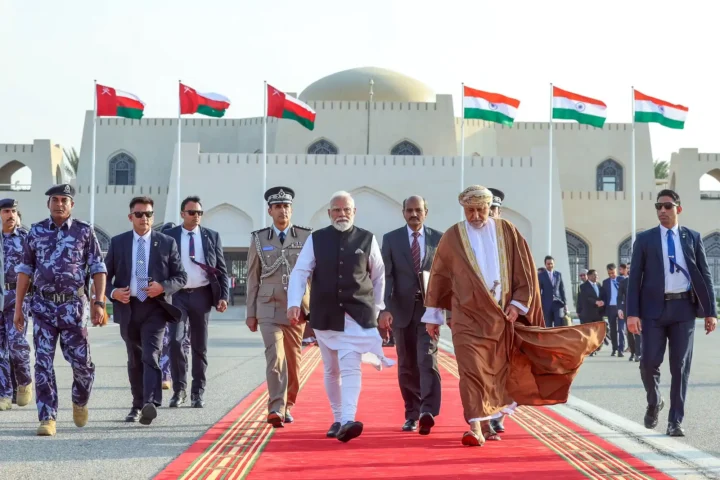India’s refusal to endorse the Shanghai Cooperation Organisation (SCO) joint declaration marks a watershed moment in its diplomatic playbook. By rejecting the document over its omission of the Pahalgam terror attack—which claimed 26 lives—and its inclusion of Balochistan references implying Indian culpability, New Delhi has drawn a line in the sand against state-sponsored terrorism and geopolitical manipulation. This decision isn’t isolationism; it’s a calibrated assertion that national security trumps bloc diplomacy when core principles are compromised.
The Qingdao Flashpoint
At the SCO Defence Ministers’ meeting in Qingdao, China, Defence Minister Rajnath Singh declined to sign the joint communiqué after it ignored the Pahalgam massacre while echoing Pakistan’s narrative on Balochistan. The draft, shaped by China’s chairmanship and Pakistani lobbying, conspicuously avoided naming the attack orchestrated by Lashkar-e-Taiba (LeT) proxies. Singh countered by exposing “double standards” in combating terror, stressing that “peace and prosperity cannot coexist with terrorism”. The deadlock forced the SCO to abandon the declaration—a rare outcome revealing the bloc’s deepening fractures.
Context: Operation Sindoor and Strategic Resolve
India’s stance is rooted in its zero-tolerance counterterror doctrine, crystallized after the Pahalgam attack. The government responded with Operation Sindoor on May 7, 2025—airstrikes targeting terror infrastructure in Pakistan-occupied Kashmir. This operation, Singh emphasized, demonstrated that “epicentres of terrorism are no longer safe”. The SCO omission thus struck a raw nerve: it whitewashed Pakistan’s role in cross-border terror while falsely implicating India in Balochistan unrest. For New Delhi, the declaration wasn’t merely incomplete; it was complicit in shielding perpetrators.
China-Pakistan Axis: Undermining SCO’s Credibility
China’s role as SCO chair proved pivotal in sidelining India’s concerns. Beijing backed Islamabad’s push to exclude Pahalgam and insert Balochistan, leveraging its influence to dilute counterterror language. This wasn’t neutrality but active collusion to protect a client state. The move echoes past SCO manipulations, such as China’s attempts to legitimize the China-Pakistan Economic Corridor (CPEC) despite India’s sovereignty objections. By enabling Pakistan’s victimhood narrative, China has eroded the SCO’s founding purpose: regional security cooperation.
India’s Strategic Autonomy in Action
This standoff reflects India’s broader foreign policy evolution since the 2020 Galwan clashes. New Delhi now prioritizes uncompromising counterterrorism over bloc consensus, even at diplomatic costs. Consider the pattern:
2018: India alone rejected CPEC under China’s Belt and Road Initiative.
2022–2024: India blocked ambiguous SCO declarations equating terrorists and victims.
2025: Qingdao became the latest test of India’s red lines.
Singh’s message was unambiguous: India will “not hesitate to target” terror hubs and will reject any forum that normalizes their impunity. This assertiveness aligns with India’s multi-alignment strategy—engaging the Quad and Global South while resisting Chinese-dominated frameworks like the SCO when they compromise security.
Implications: A New Calculus for Eurasian Diplomacy
India’s SCO gambit signals that terrorism cannot be bargained away for diplomatic niceties. The move exposes the bloc’s limitations as China weaponizes it to shield Pakistan. For regional stability, SCO must choose: will it remain a platform for genuine security cooperation, or a stage for Chinese-Pakistani theatrics? India has answered by investing in alternatives—from the Quad to bilateral ties with Central Asian states. As Singh warned, “There is no place for double standards in fighting terror”. The SCO’s relevance now hinges on whether it heeds that warning.
India’s stance at Qingdao wasn’t obstructionism—it was a necessary recalibration of a bloc drifting from its counterterror mandate. By refusing to endorse hypocrisy, New Delhi has reaffirmed a doctrine long embraced by democracies: security is non-negotiable.











